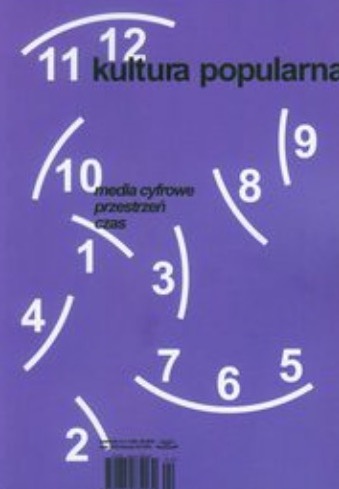Spory o przestrzeń. Kilka uwag o uczestnictwie w konflikcie
Conflicts over Space. A few comments about taking part in the conflict
Author(s): Magda SzcześniakSubject(s): Anthropology, Civil Society, Governance, Public Law, Communication studies, Cultural Anthropology / Ethnology, Culture and social structure , Social psychology and group interaction, Crowd Psychology: Mass phenomena and political interactions, Rural and urban sociology
Published by: Szkoła Wyższa Psychologii Społecznej
Keywords: popular culture; taboo; conflict; Smolensk; place of mourning; public space; cross; public sphere; site-specific; common good;
Summary/Abstract: The article deals with the social conflict, which developed around the infamous cross in front of the Presidential Palace in Warsaw. On April 15th 2010, eleven days after the Polish Presidential plane crashed in Smoleńsk, members of the Polish Scout Association placed an approx. ten feet tall wooden cross in front of the Presidential Palace. Initially a place of mourning, soon enough the site became became a space of a political and cultural conflict revolving around the issues of religion and its visibility in public spaces. The dispute about whether the cross should remain outside the Presidential Palace or whether it should be removed, engaged many different types of “publics” and undermined the popular belief in the possibility of a consensus. Drawing on Chantal Mouffe’s and Ernesto Laclau’s theory of radical democracy, the author analyzes the multiple interventions in the “representative” public space in front of the Presidential Palace – of the scouts, who installed the cross; of the so called “defenders of the cross,” who occupied the area around it, once the Presidential Office decided to remove it; of the counter‐demonstrators, who supported the decision to move the cross to a nearby church. Seen as examples of democracy in practice, these interventions also help us to deconstruct such seemingly neutral concepts as the “public sphere,” “public space,” and “common good.”
Journal: Kultura Popularna
- Issue Year: 34/2012
- Issue No: 04
- Page Range: 58-67
- Page Count: 9
- Language: Polish

